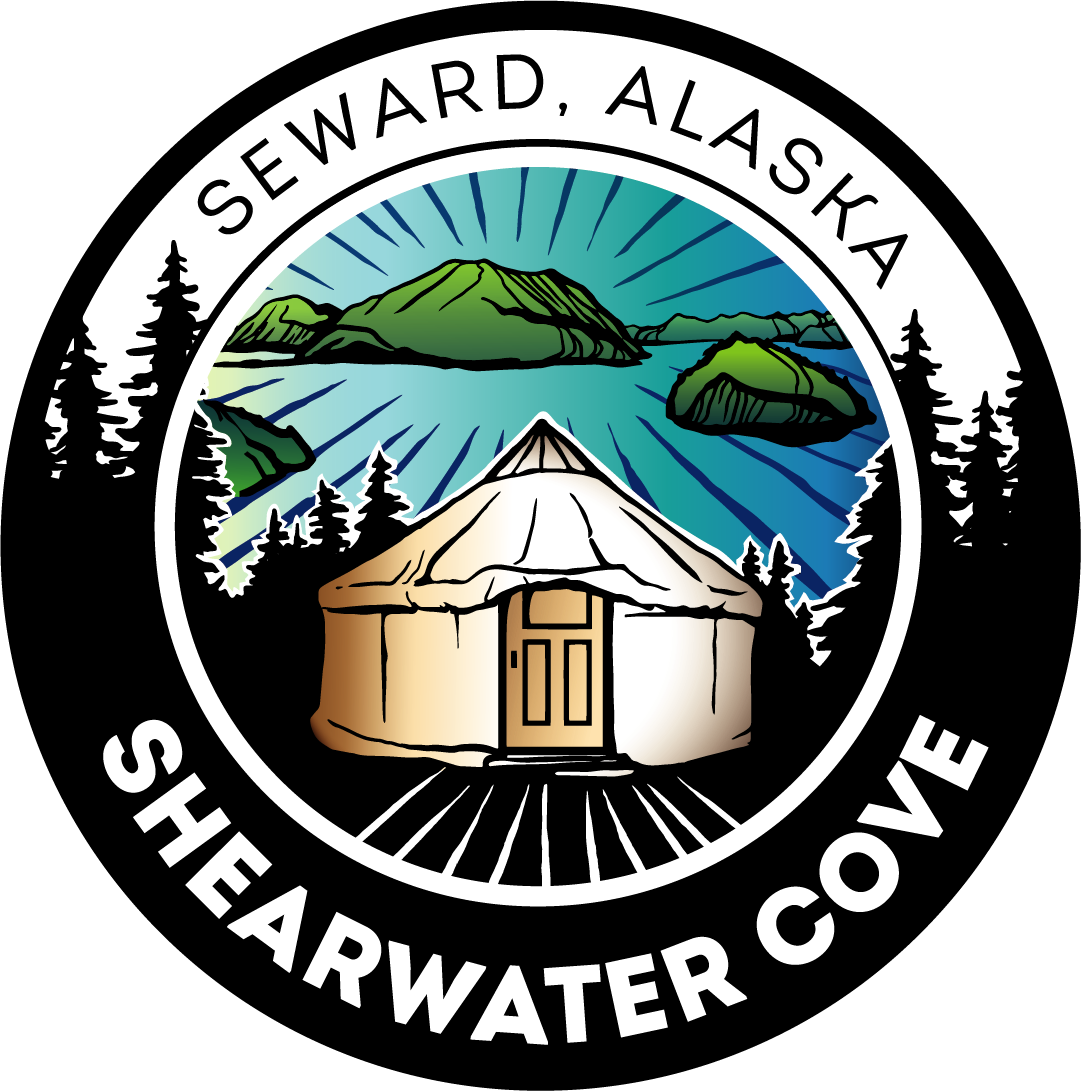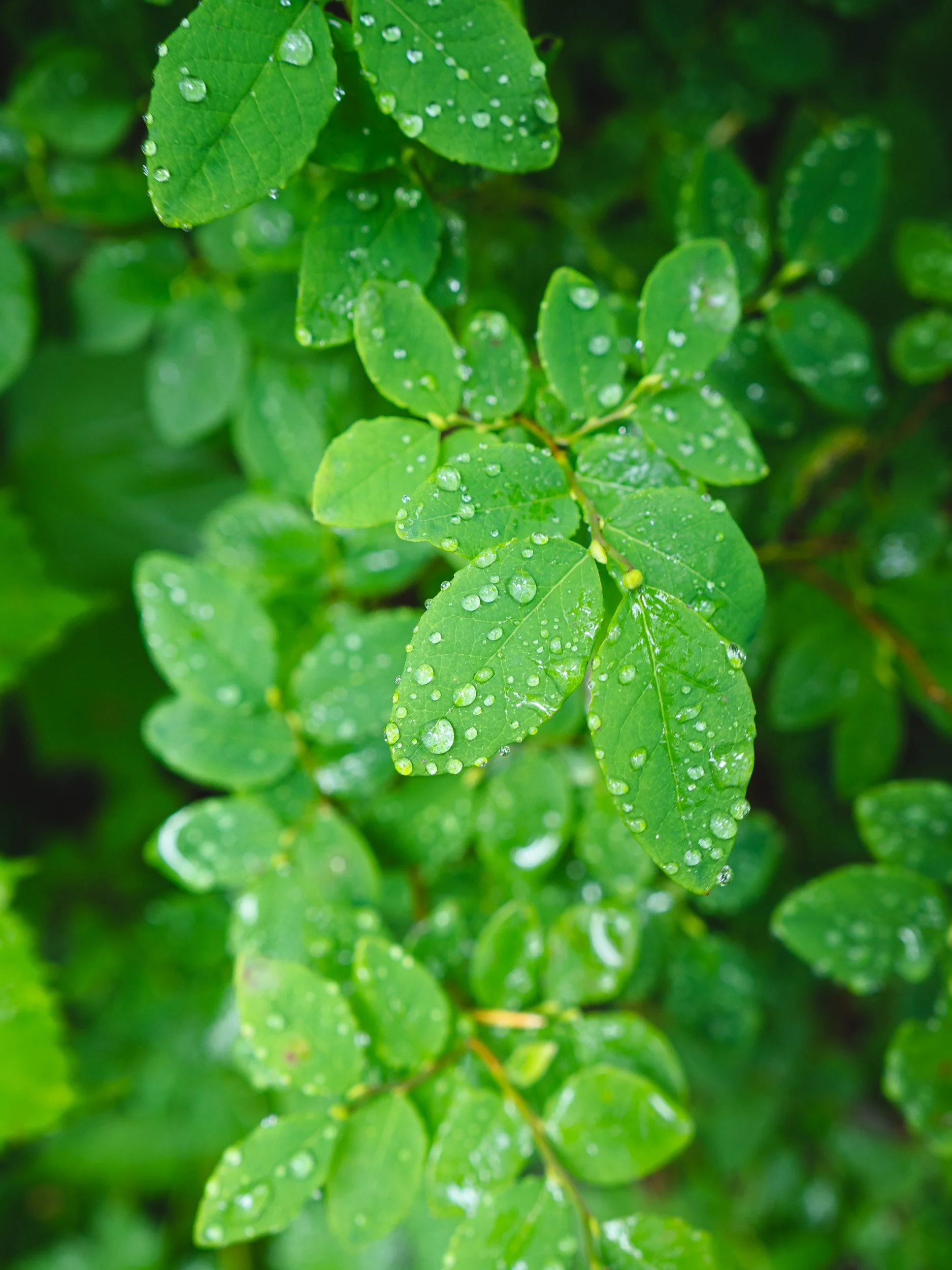At Shearwater Cove we’re proud to call our little slice of Alaskan paradise an ‘ecolodge,’ but what does that term actually mean?
Like many terms attached to travel and tourism, ‘ecolodge’ is a descriptor for an accommodation that meets specific criteria. Originating in Africa during the 1990s as a replacement for the longstanding ‘safari camp’ phrase popular among travelers in the 1950s, the term ‘ecolodge’ represents both the style and value system of overnight accommodations built in a natural or rural area that work just as hard to protect the environment as they do to create a meaningful atmosphere and set of activities for guests.
Which accommodations can be called ‘ecolodges’?
To be classified as an ecolodge, properties must be located in an undisturbed, remote natural area with a heavy emphasis on having the lowest impact possible in all facets of operation. Additionally, owners, staff, and guests are all active participants in protecting nature, wildlife, and culturally sensitive areas. While there is no official governing body regulating which properties can or cannot be classified as an ecolodge, the Global Sustainable Tourism Council, a trade organization, does publish best practices for tourism and travel businesses and destinations.
An ecolodge should follow these basic principles:
Complement the physical, natural, and cultural environments through attention to design and landscaping, and if possible, with building materials
Utilize practices for renewable energy, waste management, and water acquisition
Offer opportunities for staff and guests to explore, learn, and participate in activities related to the area’s historical or cultural significance and conservation efforts
Shearwater Cove’s commitment to the environment and Alaska
Yurts were chosen early on as the ideal accommodation for our remote location in order to have the lowest possible impact on the land. Yurts require minimal construction compared to a framed building which has enabled us to leave the lightest footprint possible on the natural vegetation at the Cove.
Foot traffic at the Cove is concentrated on our wooden boardwalks and foot paths which were built to move with, and around, the landscape rather than bulldozing through the natural topography. Guests are asked to remain on our boardwalks and foot paths in order to preserve the natural vegetation surrounding the yurts.
Reusable products and earth-friendly, biodegradable toiletries are supplied for guest use. You won’t find any single-use, throw-away toiletries here!
Recycling bins are provided in each yurt. Our staff sorts and sends recycling to the Seward Transfer Station.
Guests are asked to refrain from bringing styrofoam coolers to the Cove. We provide high-quality coolers on each yurt deck for keeping foods cold during your stay!
Compost toilets are used and black waste is transferred off-site for proper disposal.
Renewable solar power is used to provide electricity to our Premier Yurts.
The well-designed layout of the yurts allows us to collect and use rainwater for showers, and to provide excellent water pressure simply with gravity - no electricity even required!
The main activities at Shearwater Cove, sea kayaking and hiking are low-impact and enable guests to experience this pristine area in a sustainable way. Sea kayaking is a culturally significant skill of the Indigenous Peoples who inhabited this area. Learn more about the indigenous kayaking history of the Kenai Fjords here.
Owners Jason and Charity are committed to recognizing and honoring the Indigenous Peoples who have lived on this land since time immemorial. Read more about our land acknowledgment here.
We recognize that some non-renewable fuels are still necessary to operate Shearwater Cove including propane for heat and cooking, and fuel for our boats. We purchase only the most efficient appliances to reduce fuel consumption, ask guests to turn off their heaters at night and when they are not in their yurts, and consolidate boat trips as much as possible to reduce our carbon footprint.






